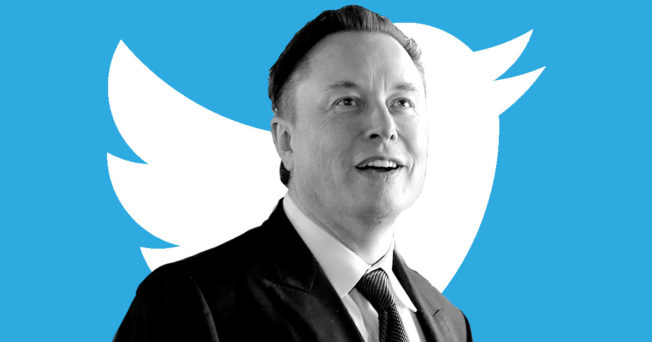Elon Musk’s $44bn bid to buy Twitter puts the world’s richest man in the crosshairs of censorship-prone governments such as China and India, raising questions about how the Tesla CEO might respond to demands to stifle dissent in countries where he does business.
For Musk, with his diverse assets ranging from SpaceX to his signature company Tesla, controlling the levels of information that governments would like suppressed carries the risk of significant blowback for his brands.
With one-quarter of its global sales in China, as well as about half of its production and a major battery factory at Tesla Giga Shanghai, the electric vehicle company is seen as likely to come under pressure from Beijing once Musk takes the reins at Twitter.
Human rights activists fear that pressure could come in the form of demands to censor activity by dissidents and activists on Twitter, hand over information about anonymous accounts, or remove the “state-affiliated media” tag attached to Chinese media.
“I think people are worried mostly because Musk has Tesla business in China,” Yaqiu Wang, a senior China researcher at Human Rights Watch, told Al Jazeera. “So people worry that the government can leverage the business in China to try to silence, or influence Twitter.”
Tesla’s ties with China have resulted in blowback in the past.
During the Tesla Model 3’s rollout in Hong Kong in mid-2019 at the height of China’s suppression of anti-government protests in the city, Tesla attracted criticism from activists who questioned the timing of the launch given the firm’s significant production operations in mainland China.
More recently, the company sparked outrage in January when it opened a showroom in China’s Xinjiang region, where rights groups estimated more than one million ethnic minority Uighurs are being detained in so-called “re-education” camps.
“The China question is a potential issue which needs to be raised,” Dexter Thillien, lead technology and telecoms analyst for the Economist Intelligence Unit, told Al Jazeera.
The potential risks have some questioning whether the deal will go through by the October 24 deadline. Antitrust reviews in the United States could delay that takeover even longer. On Tuesday, Tesla’s share value declined 12 percent, or approximately $21bn, and any further slides could put the deal in jeopardy.
Aljazeera









